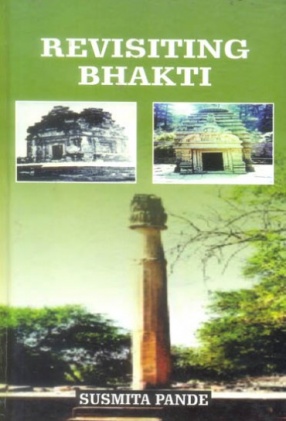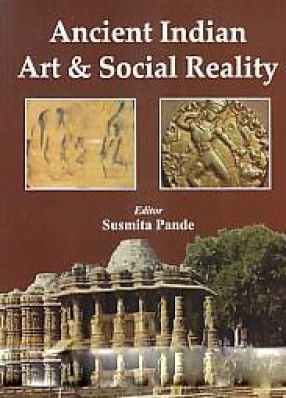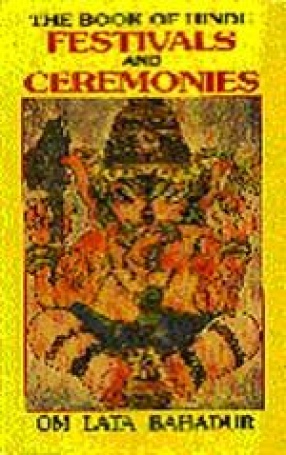The work seeks to establish on the basis of a detailed analysis of the original literature that the true sentiment of bhakti may be traced back to Vedic times and seeks to elucidate the various stages through which it developed and reached its complete maturity in the Bhagavata. It analyzes the obstacles the challenges which stood in the way of this development, whether in the shape of Mimamsa formalism or Vedantic gnosticism or Buddhist impersonalism, and also how these were overcome through the evolving notion of a personal Godhead and its involvement in the history of humanity especially in terms of the doctrine of incarnation. So powerful was this notion of a personal deity deigning to assume a human form that Sankhya and Mimamsa, Vaisesika and Vedanta, all tended to move in a visibly theistic direction and even Buddhism and Jainism remained atheistic more in abstract theory than in concrete practice. The present work thus not only includes the analysis and interpretation of doctrine as well as cult practices but it also essays to go beyond these to discover the subterranean stream of the experience and feeling of bhakti which gradually came to surface and finally swept away obstacles as a mighty river.
The revised and enlarge edition also includes new researches on historiography of Bhakti, Vaisnavism and Pancaratra cult, spiritual humanism of Ramayana, philosophical thoughts in the Siva Purana and fresh light on the date of Lakulisa.






There are no reviews yet.